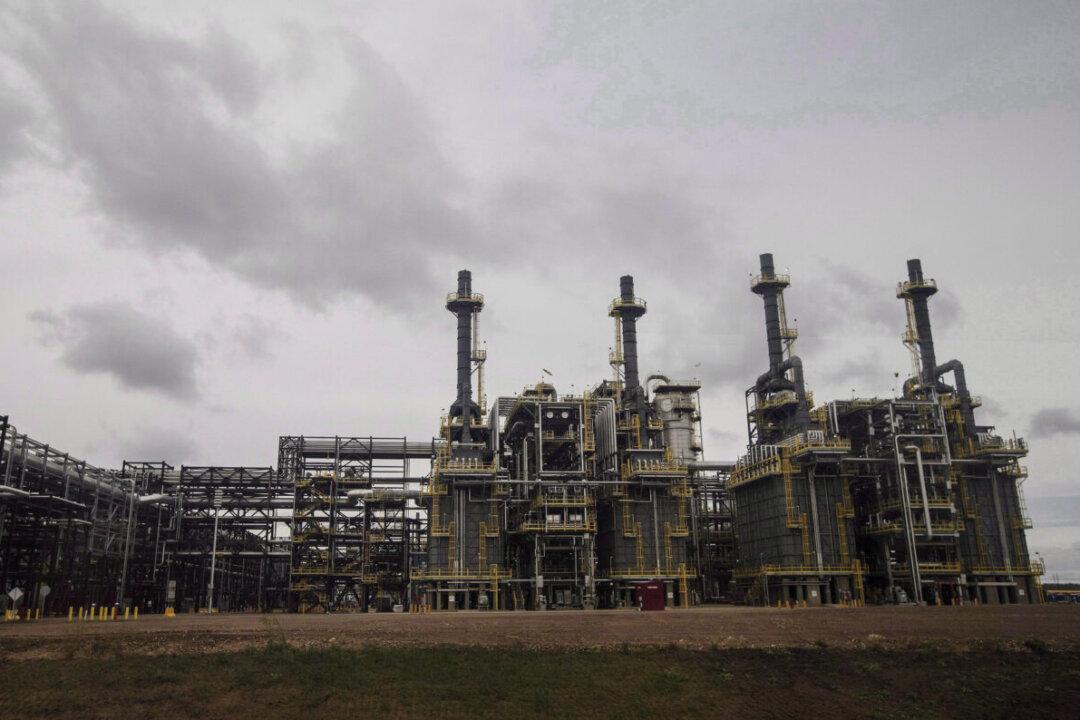Commentary
Canada’s economy may manage to escape going into a recession despite economists predicting it would over the last few months. Higher-than-expected growth in the national GDP in the first quarter of 2023 has dampened speculation of an economic contraction. This has led to speculation the Bank of Canada will be raising interest rates again to try and curb inflation.





